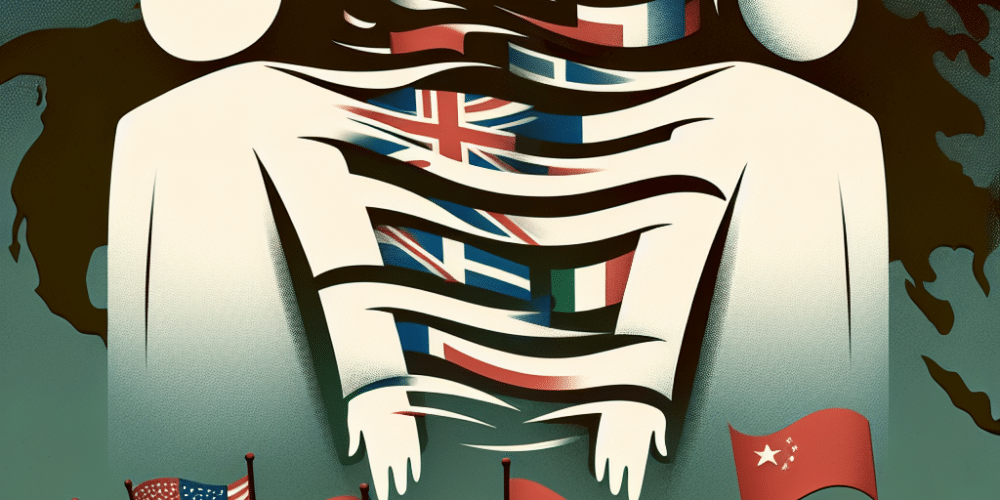Evoke has announced that its William Hill and 888 brands will exit 13 international markets starting next month. This strategic decision will come into effect on December 2, as stated on the company’s customer support site. The withdrawal will impact nine African countries: Angola, Burkina Faso, Cameroon, Kenya, Mozambique, Nigeria, Republic of Congo, Democratic Republic of Congo, and Somalia. It should be noted that the operations of 888Africa will remain unaffected by this decision. Additionally, Evoke plans to exit Vietnam, Bolivia, and Nicaragua.
In a statement, Evoke emphasized the periodic nature of reviewing their global market operations. They explained that the decision to withdraw the William Hill, MRG, and 888 brands from selected markets in Africa and Asia is part of their strategic planning. Despite these exits, the 888Africa brand is performing well and remains operational, with customers in Africa continuing to enjoy its services. Furthermore, 888.com will still be available to other markets worldwide.
Evoke had previously indicated potential closures of up to 200 William Hill betting shops in the UK. This move to leave 13 relatively minor international markets is speculated to be an effort to consolidate resources and protect its core UK business. Some industry analysts suggest that by focusing on fewer markets, Evoke aims to strengthen its position and streamline operations in regions where it has a stronger foothold.
Another perspective is that Evoke’s decision might be driven by a desire to minimize reputational risks associated with operating in grey markets. In recent years, the company has actively sought to reduce its presence in unregulated jurisdictions. Notably, in 2023, Evoke withdrew the 888 brand from several grey markets following an investigation into transactions involving high-value Middle Eastern clients. This move reflects a broader industry trend, as other major UK operators have taken similar steps. Entain, for instance, accelerated its withdrawal from grey markets under pressure from the UK Crown Prosecution Service, and Bet365 announced its cessation of operations in China.
Evoke’s latest market withdrawals span a diverse range of regulatory environments. For instance, Nicaragua has regulated gambling, while Bolivia operates as a grey market, and Vietnam has explicit prohibitions against online gambling. This diversity illustrates the complexity of international gaming regulations and the challenges companies face when navigating these varied legal landscapes. By exiting these markets, Evoke may be seeking to align more closely with regulatory compliance and industry best practices.
Still, some industry observers argue that pulling out of these markets might not drastically impact Evoke’s overall revenue, considering the relatively minor scale of these regions compared to its primary markets. However, the move could free up resources and reduce potential legal complexities, allowing the company to focus more effectively on its primary markets, such as the UK and other regulated territories where it has a significant presence.
In contrast, there are those who express concern about the lost opportunities in emerging markets. Africa’s rapidly growing economies and increasing digital connectivity present potential for substantial growth in the gaming sector. While Evoke’s withdrawal might be a strategic decision in line with current regulatory pressures, it could also mean missing out on future growth opportunities as these markets develop and potentially transition towards more structured regulation.
In conclusion, Evoke’s decision to exit 13 international markets reflects a strategic realignment towards more regulated and stable territories. This move, while reducing risk and complexity, also underscores the company’s prioritization of its core operations and regulatory compliance. As Evoke continues to navigate the evolving landscape of global gaming regulations, its actions will likely be closely watched by industry stakeholders, investors, and regulatory bodies alike. Whether this strategy will pay off in terms of long-term stability and growth remains to be seen, but it clearly marks a significant shift in the company’s international market engagement strategy.

















